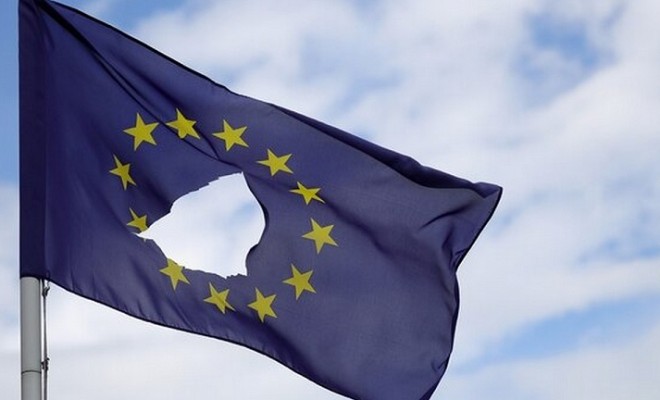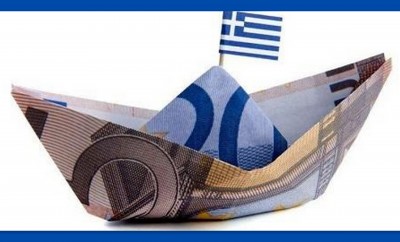
Delors, Schäuble and the melancholic road to European integration
Wolfgang Schäuble and Jacques Delors, archetypal German and French finance ministers who became bywords for fiscal stringency, left enduring yet somewhat melancholic imprints on European politics.
The two men, who died on 26 and 27 December aged 81 and 98 respectively, were key figures in reshaping Europe’s post-cold war architecture in the tumult of German unification in 1989-90 and the subsequent journey to a single European currency.
They depart the scene when the economic and strategic imperatives they espoused have fallen out of favour in their home countries – and their forcefully argued ideas on European integration face challenges on multiple fronts.
Delors, a one-time Banque de France official, was president of the European Commission for a decade from 1985. He was the institution’s most influential leader since the European Economic Community was established in 1957.
In 1988-89, more than a year before the fall of the Berlin wall, under a plan masterminded by French President François Mitterrand and German Chancellor Helmut Kohl, he led the Delors committee, mainly comprising European central bank governors. This set recommendations for an independent European central bank and a unified currency, eventually launched as the euro in 1999
Συνέχεια εδώ




